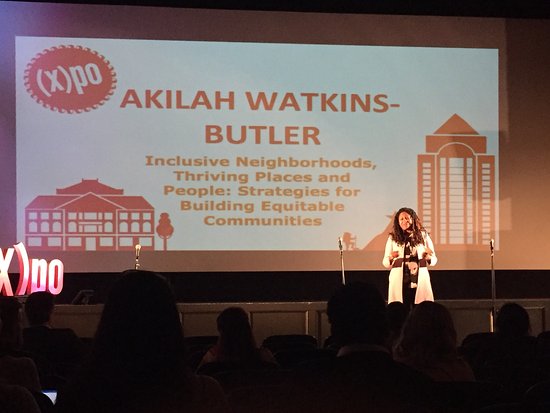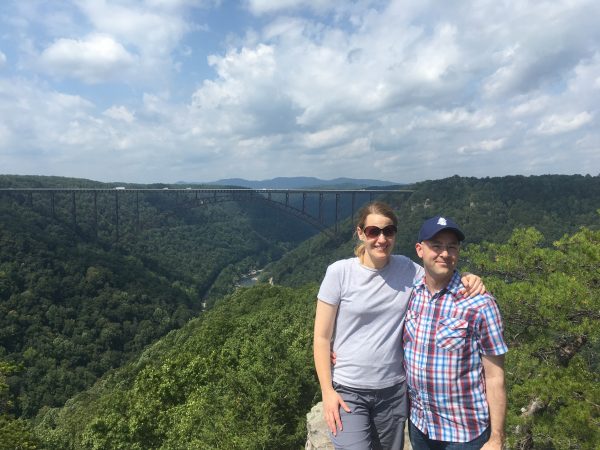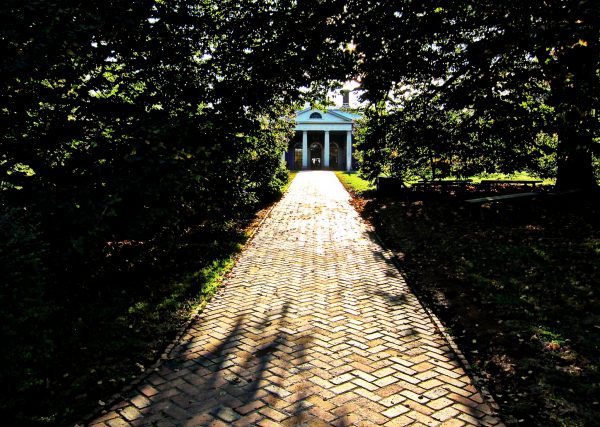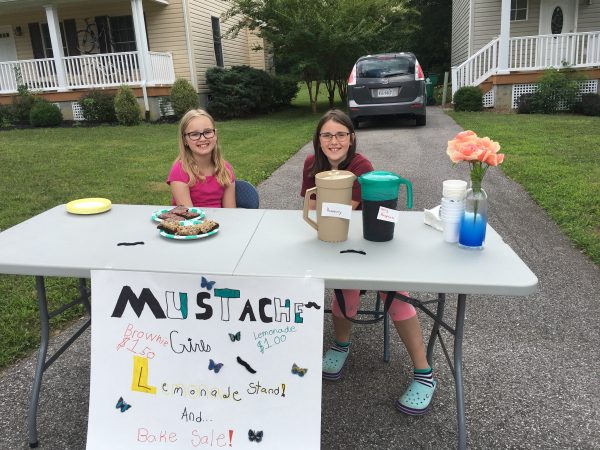
Why do I blow off so many potentially life-changing conferences? Money. Time. Complicated carpooling schedules. Guilt-inducing children. Even attending the wonderful CityWorks Xpo conference in Roanoke, 45 minutes down the road from Blacksburg, required a herculean level of organization.
And yet, as my writer friend Kate Hanley points out, “Good things happen when you leave the house.” Like the fact that I learned complacency-shaking new ideas—and Ruby still made it home from tennis lessons. For those of you who didn’t catch it in person, here’s a short-and-sweet rundown of some of my favorite, most curiosity-evoking takeaways:
- On learning new things and mastering new skills: “Ask everyone, ‘Who else should I be talking to about this?'”—Matt McKimmy, host of CityWorks Xpo.
- On endemic community racism: “From 1934 to 1968, the FHA refused to make home loans to African-American citizens.”—Akilah Watkins-Butler, CEO and president of the Center for Community Progress
- On what happens when people never walk: “They know the best parking space, but they’re not familiar with a business three storefronts down.”—Jeremy Holmes, director of RIDE Solutions, Roanoke
- On making your place better: “You need to come home and be the change you want to see.”—Tim Lampkin, CEO of Higher Purpose Co.
- On why our communities aren’t healthy: “Less than 3 percent of Virginia’s crops is fruits, vegetables, and nuts.”—Maureen Best, executive director of LEAP
- On being excited: “Pay attention to where you feel chemistry in your life.”—Poetry Gods
- On telling our place stories: “Community narrative is not spin; it’s finding what exists already in your community and letting it shine.”—Ariella Cohen, editor-in-chief of Next City
- On honoring our history: “My ancestors love me. They are my first line of defense. They did good. I can do good too.”—Free Egunfemi, founder of Untold RVA
- On why libraries rock: “73 percent of Americans say libraries promote a sense of community.”—Jeff Julian, public awareness director for the American Library Association
- On racism: “Prejudice is an attitude, racism is an action. Forget about prejudice and start dealing with racism.”—Wornie Reed, director of Virginia Tech’s Race and Social Policy Research Center
- On making better places: “Places that are optimized are who they are, but they’re the best “who they are” they can be.”—Katherine Loflin, placemaking consultant and city doctor
———————————
7 items of interest:
1. A new study shows that places are far more effective than objects (even wedding rings) at producing feelings of well-being and calm. Brain scans don’t lie, people.
2. Creatively painted crosswalks are a simple form of placemaking; this one boggles the mind—but would it make you wreck?
3. “When I try to imagine living in a tiny home, I get viscerally upset.” Roxane Gay on tiny house hunting.
4. A small Tennessee town is trying to attract Millennials by taking the drastic step of listening to what they want.
5. Why we need small towns in America—and why they’re dying.
6. Ben Kittelson told us about City Hall Selfie Day at CityWorks Xpo; his GovLov podcast is perfect for local government nerds.
7. When I wrote about person-environment fit in This Is Where You Belong, I should have included this map of America’s favorite Halloween candy and insisted that we all decamp to the state whose preference agrees with ours. For me, that leaves Alabama, Michigan, New Mexico, Idaho, and South Carolina—but I’m pretty happy with Virginia’s leanings too. And if that’s not scary enough for you, our ghost stories help form place identity.
To see more fabulous links, subscribe to my every-three-weeks newsletter here!



